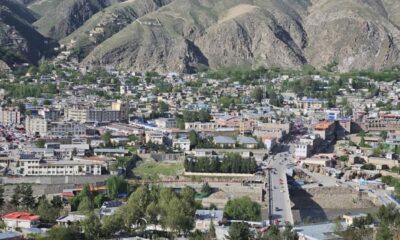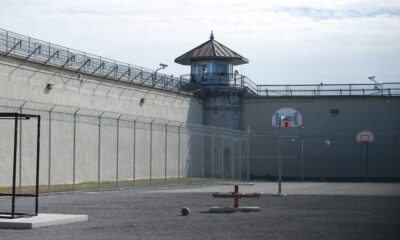Latest News
Red Cross urges donors to put lives of Afghans above politics
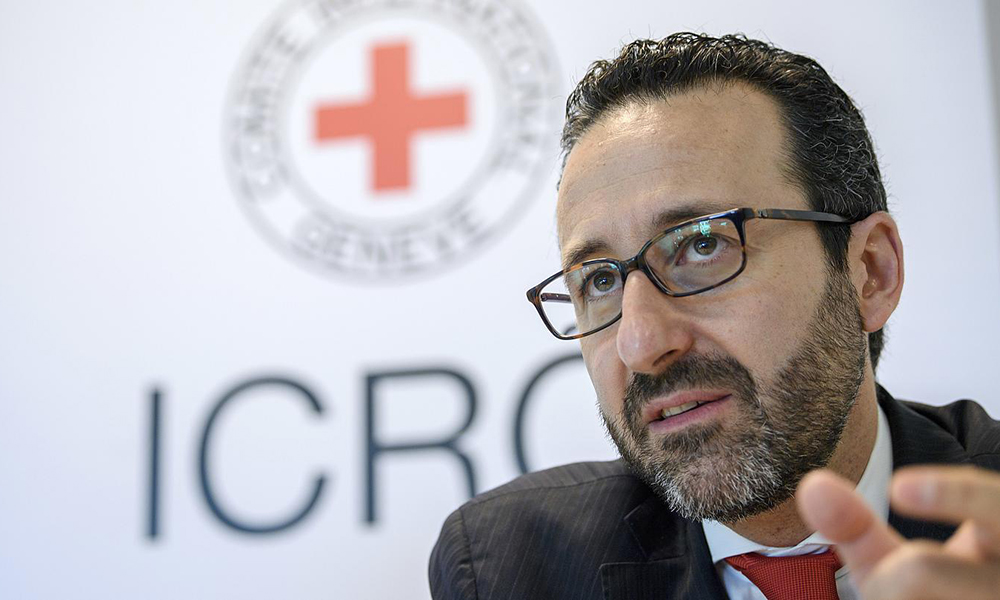
The international community must step up urgently to stop Afghanistan’s rapid slide towards total collapse and all-out humanitarian disaster, the International Committee of the Red Cross (ICRC) has warned.
Six months after the Islamic Emirate of Afghanistan (IEA) took control, resulting in international sanctions and the freezing of aid, the continuing reluctance of many international donors to engage with the current leadership is worsening the desperate plight of millions of Afghans already worn down by more than four decades of conflict, repeated droughts and the COVID-19 pandemic, ICRC said in a statement released Thursday.
“In my 25 years as a humanitarian worker, I have never seen anything quite like this. The magnitude of the crisis facing the people of Afghanistan – and the speed with which it has worsened – is really alarming,” said Robert Mardini, director-general of the ICRC, during a visit to the country.
“Afghan lives must not be hostage to political manoeuvres. It is vital that donors distinguish between the type of development aid that might be used as political incentive and aid that will help ordinary Afghans to survive – by ensuring that government institutions can deliver basic services and prevent economic collapse. There is no time to lose.”
ICRC said that health services are among those in most urgent need of support. It cited an ICRC-supported hospital in Kandahar as an example of how it was overcrowded.
“Access to healthcare is clearly one the most pressing humanitarian concerns in the country,” said Anders Ladekarl, secretary-general of the Danish Red Cross society. “Supporting teaching hospitals and nursing schools is one of the most effective and sustainable ways to save an already-debilitated health system from collapse and help secure its future. The urgency of putting the right support in place cannot be overestimated.”
Kristiina Kumpula, secretary-general of the Finnish Red Cross society, said the levels of suffering in Afghanistan is “very distressing.”
“Afghanistan was already one of the most difficult places in the world to be a mother or an infant. Now it is harder than ever.”
Mardini said that humanitarian response cannot replace a functioning public sector and ensure service delivery for 40 million people.
“The most urgent next steps are salary payments for some 500,000 public sector civil servants, ensuring that critical services are able to function, and resuming technical support to the Central Bank to relieve the banking and liquidity crisis,” he said.
ICRC will launch an appeal of around $54 million in March, mostly to provide assistance to the country’s hospitals and medical staff.
“What is needed now is decisive action by donors to put the lives and livelihoods of Afghan people above politics,” Mardini, said. “The cost of inaction will be very much greater, and the ensuing disaster difficult, if not impossible, to reverse.”
Earlier this week, ICRC said that the Afghan people’s need for humanitarian assistance has increased by 30 percent.
The committee said 24.4 million people across Afghanistan were in need of humanitarian assistance.
Meanwhile, UNICEF said on Thursday around 3.2 million Afghan children under five are expected to suffer from acute malnutrition this year.
Latest News
Traffic accident in Badakhshan leaves 12 dead, 3 injured
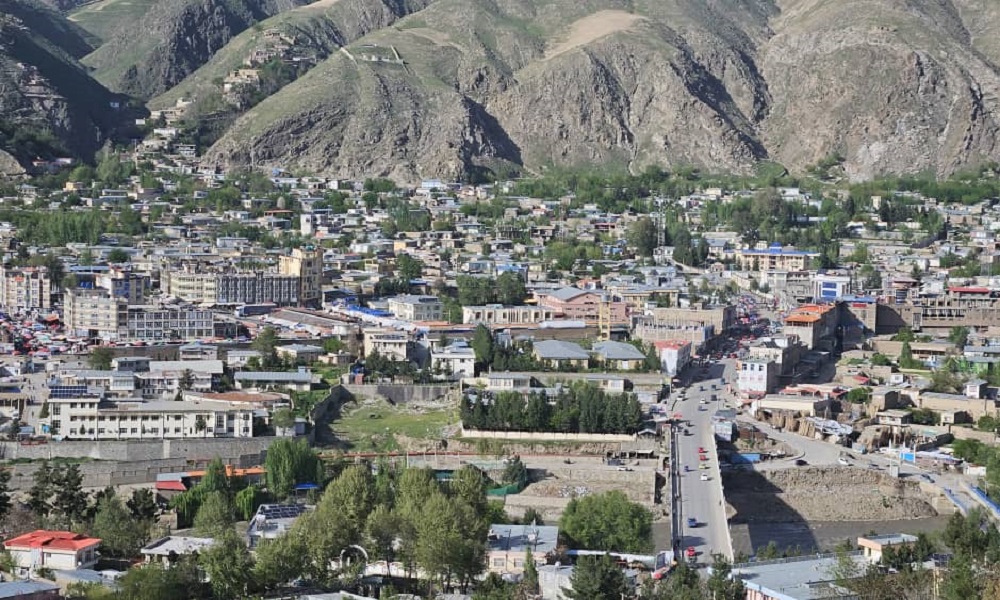
Ehsanullah Kamgar, spokesperson for the Badakhshan Provincial Police Command, said that 12 people were killed and three others were seriously injured in a traffic accident in Arghanjkhwah district of the province.
Kamgar added that the incident occurred at noon on Saturday in the Samdar area of Arghanjkhwah district.
According to him, the victims include men, women and children.
He explained that the incident happened when a Flancoach -type vehicle veered off the road due to poor road conditions and plunged into a ravine.
The injured were transferred to health centers for treatment, and the condition of some of them has been reported as critical.
Latest News
Afghanistan to grant one- to ten-year residency to foreign investors
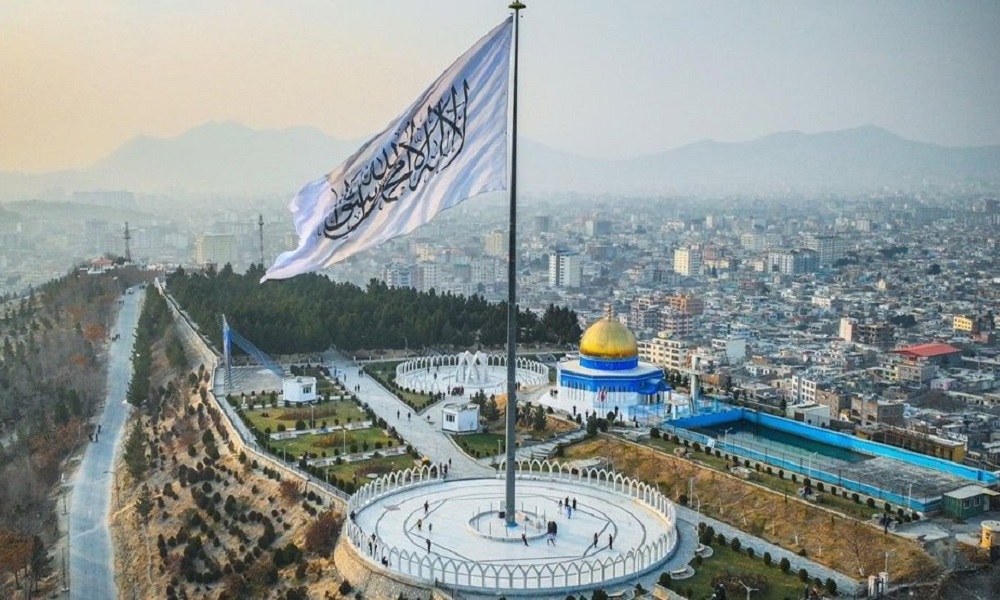
The Islamic Emirate of Afghanistan has approved a plan to grant foreign investors residency permits ranging from one to ten years in exchange for investment in the country.
The decision was endorsed during a regular meeting of the Economic Commission, chaired by Deputy Prime Minister for Economic Affairs Mullah Abdul Ghani Baradar.
According to a statement from the deputy PM’s office, a designated committee has been tasked with determining the length of residency based on the volume of investment, which will be categorized under specific criteria.
Latest News
Traffic police receive new cars

The Ministry of Interior has announced the delivery of several new, modern cars to the General Directorate of Traffic Police, replacing the older fleet that consisted mostly of trucks.
According to a ministry statement, the new vehicles, equipped with special traffic police colors, markings, and modern equipment, are expected to play a key role in maintaining traffic order in cities and on main roads, preventing accidents, and providing faster services to the public.
-

 Sport4 days ago
Sport4 days agoJapan trumps Afghanistan 6-0 in AFC Futsal Asian Cup quarter-final
-

 Sport4 days ago
Sport4 days agoHosts and heavyweights advance as AFC Futsal Asian Cup reaches semifinals
-

 Latest News3 days ago
Latest News3 days agoTerrorist threat in Afghanistan must be taken seriously, China tells UNSC
-

 Latest News4 days ago
Latest News4 days agoUzbekistan, Pakistan advance Trans-Afghan railway project
-

 Business5 days ago
Business5 days agoAfghanistan seeks expanded ties with Russia in energy, mining and infrastructure
-

 Sport4 days ago
Sport4 days agoWinter Olympics finally underway, ATN to broadcast exclusively across Afghanistan
-

 Sport3 days ago
Sport3 days agoAfghanistan beat West Indies in final T20 WC warm-up match
-
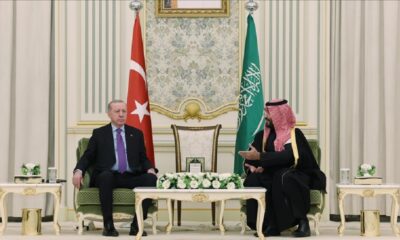
 Regional4 days ago
Regional4 days agoTurkish President Erdogan meets Saudi Crown Prince in Riyadh




